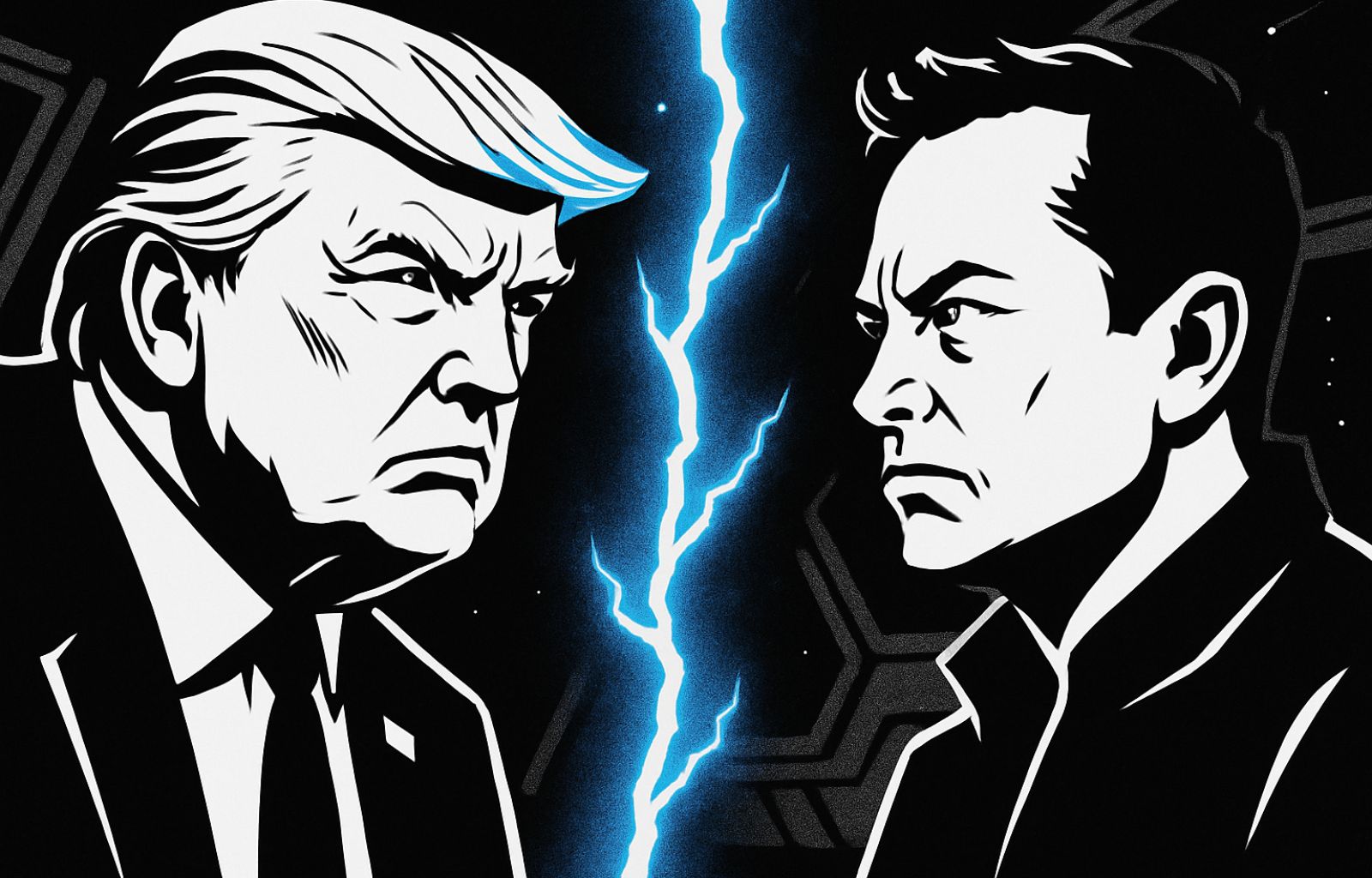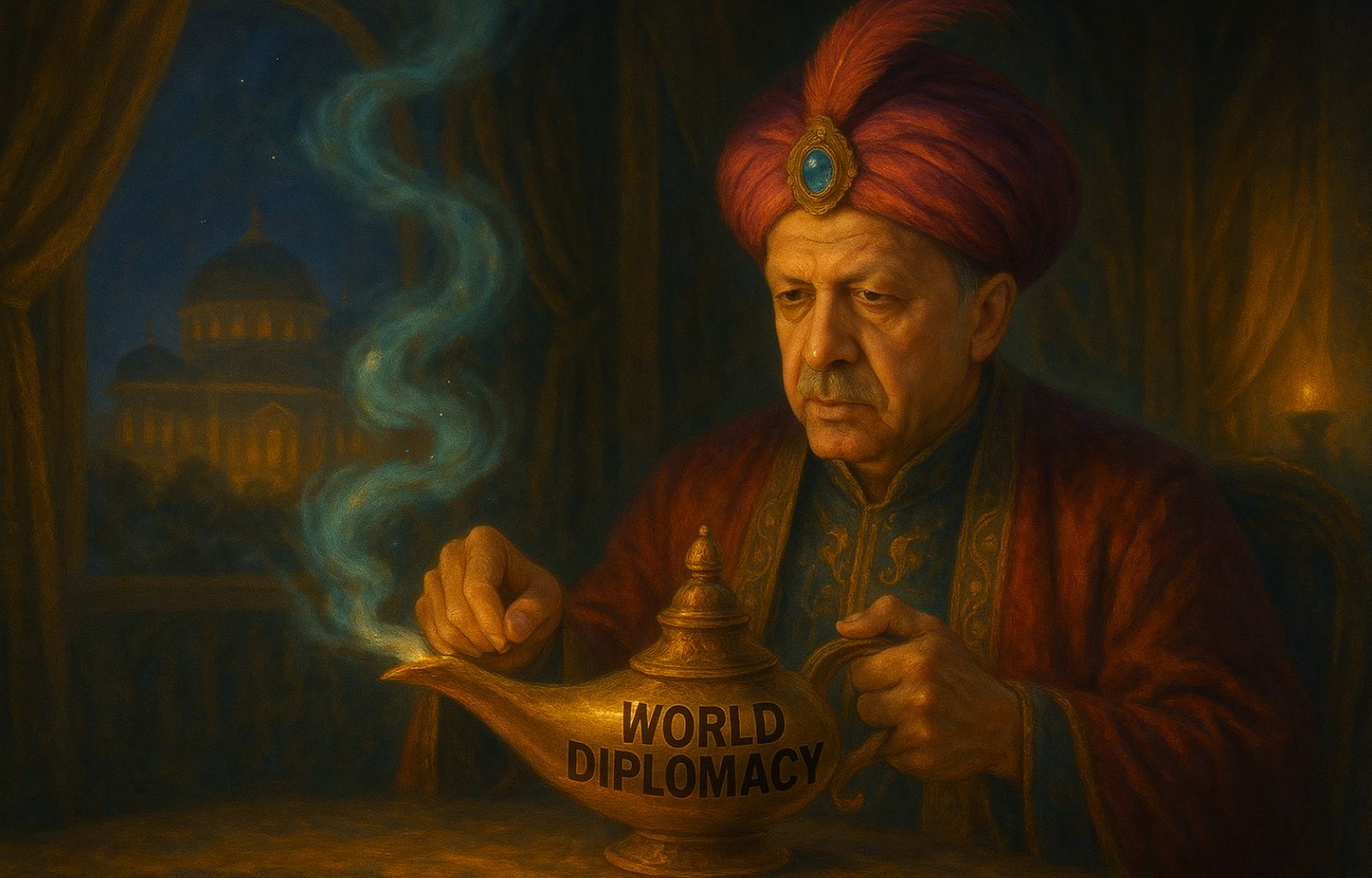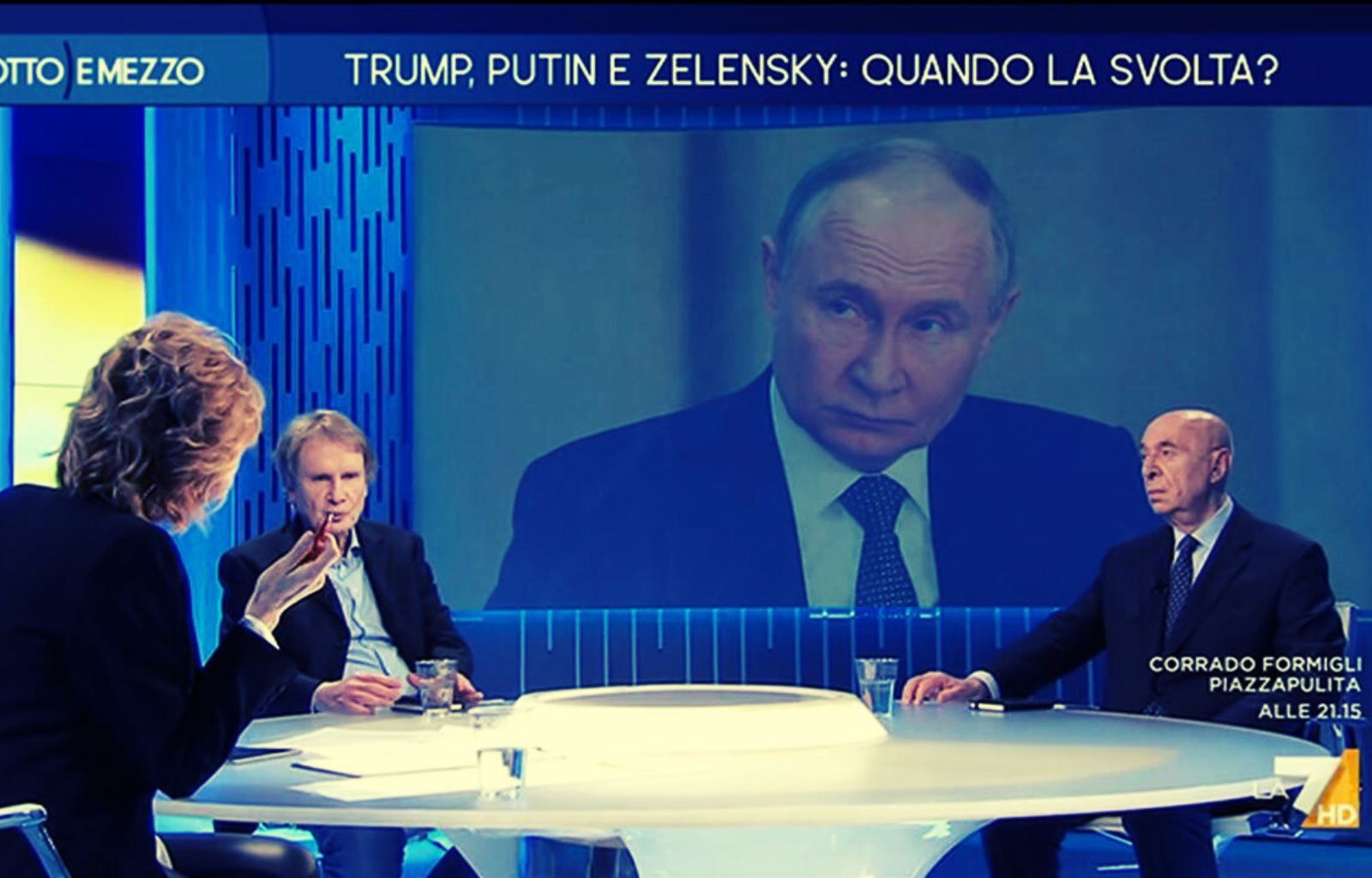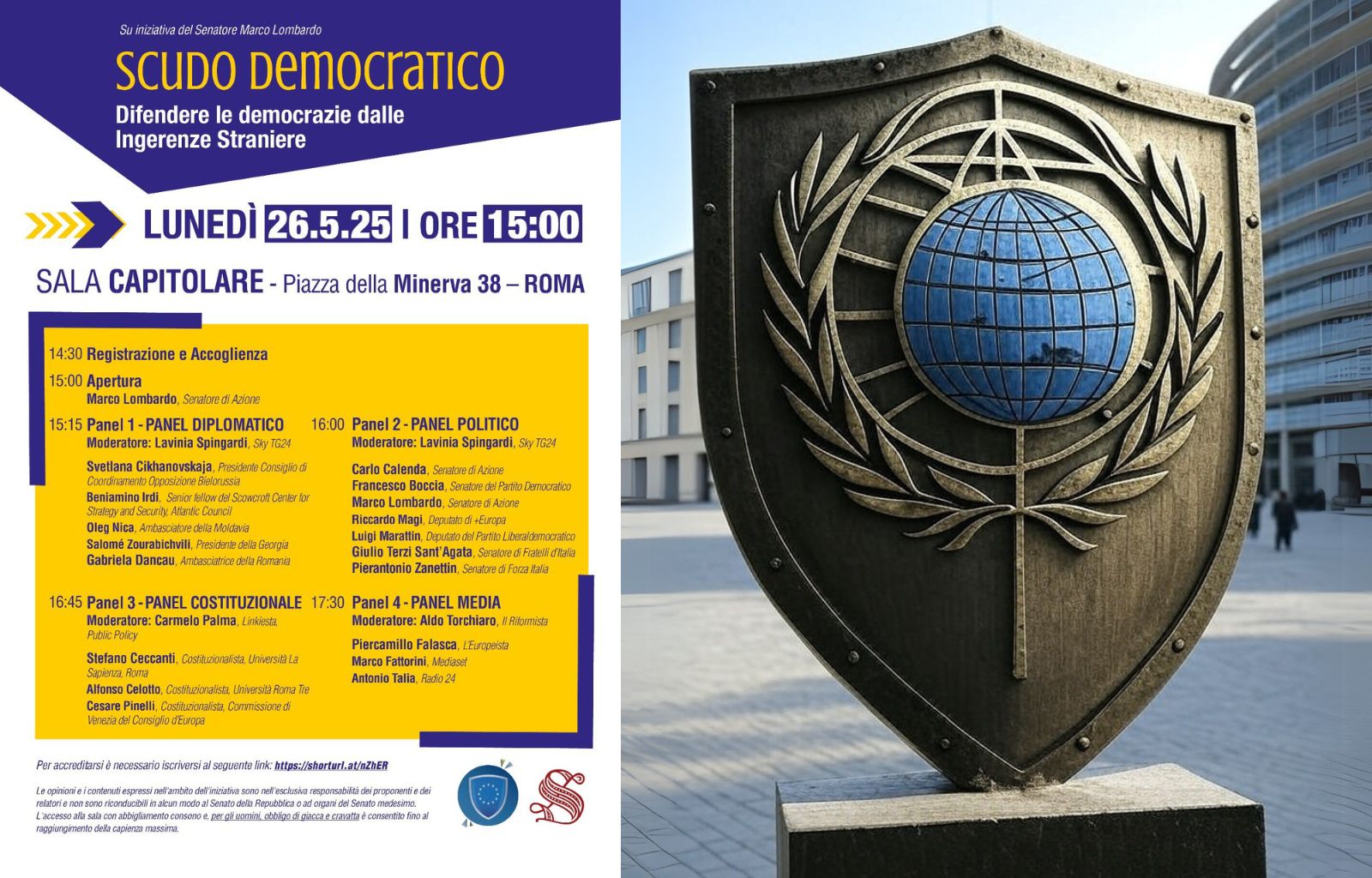The journalist who challenges Meta’s censorship. Mariano Giustino speaks
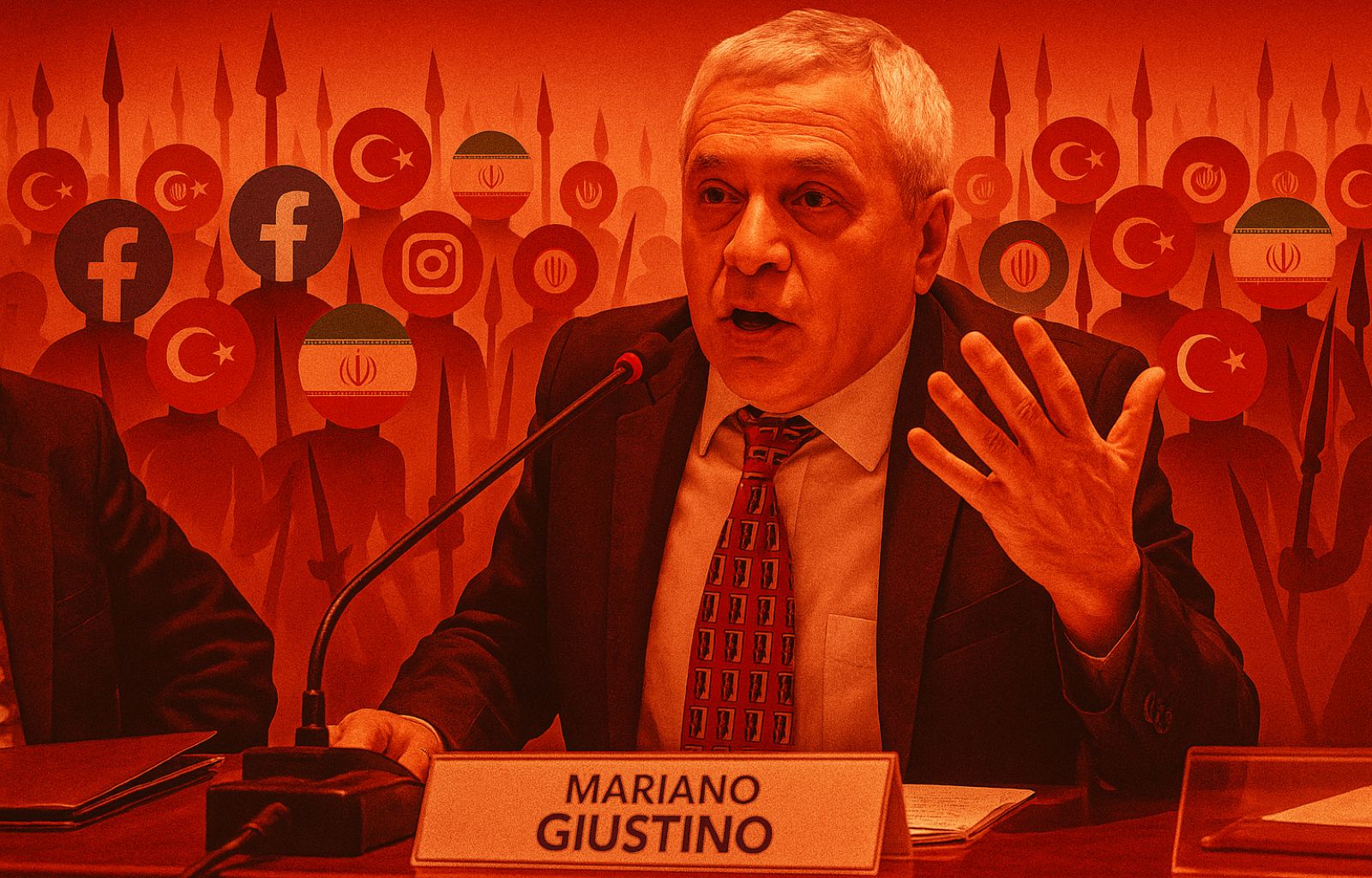
Mariano Giustino, Ankara correspondent for Radio Radicale since 2010. Columnist specialising in Middle Eastern issues for several Italian newspapers, including Il Foglio, Huffington Post and L’Altravoce. Professional journalist since 1999.
Italian voice of reference ‘from the field’ on Turkish and Middle Eastern politics, also thanks to the dissemination of his work on social media. For the past four days, Giustino’s professional Instagram and Facebook profiles are no longer visible to users, due to the declared incompatibility of the content disseminated with the community standards set by Meta.
In the face of this blatant violation of journalists’ freedom of information and professional integrity, we decided to question the person concerned in order to investigate the matter further.
Editors’ note: The interview was recorded and transcribed a few hours before the rehabilitation of Giustino’s account by Meta, which took place thanks to public and institutional pressure. However, we reproduce the entire conversation, to underline the importance of free press in the face of an emblematic situation of arbitrary censorship carried out by the largest global technological platform against one of our colleagues.
INTERVIEW WITH MARIANO GIUSTINO, FROM ANKARA
On 7 June, Mark Zuckerberg’s META platform notified her with a meagre message that her professional accounts had been disabled due to repeated violations of the Community Standards. What content in particular is Meta referring to and what criteria were allegedly violated in her posts?
I was disabled for a completely vague and sibylline reason. Meta claims that it has repeatedly checked my social activity, exclusively concerning my journalistic correspondence, judging it to be disrespectful of the platform’s standards. Meta does not specify what these standards are, neither in the disabling message nor on its own pages. It generically refers to ‘violent activity’ involving incitement to hatred, threats and crimes against humanity. In disabling this activity, the platform does not provide any explanation of method or substance, handing users the fait accompli without any possibility of dispute.
My last post concerned an article I published in the daily L’Altravoce in which I denounced Hamas’ fake news in Gaza that Israel had opened fire on civilians at an aid distribution site. This news was denied by all the major international media. In line with my profession, I have never given unverified or unsubstantiated news; and what authority or fact-checking criteria the US company has to deny and silence me is unknown to me.
Over the years, I have often been subjected to censorship by social networking sites, Facebook and Twitter. I had already been banned once in 2020 by the then Facebook Inc for about two months, again on the grounds of documenting the repressive practices against the opposition taking place in Turkey. Only after a lengthy institutional complaint was my account reinstated. Today, on the other hand, I am not aware of the reasons for the ban, and the decision is presented as unappealable, except in a judicial context, to which I will obviously appeal.
So we are dealing with a private big-tech, Meta, equipped with massive social platforms on which all information professionals rely to disseminate their work, relaying press content. From the moment Meta arrogates to itself the right to obscure journalistic activity, are we facing a dangerous short-circuit? How can this blatant unchecked omnipotence be remedied?
My expulsion from Meta was for political reasons. Since I did not post anything offensive or violent against any individual, it is clear that censorship was expressed, moreover against a journalist accredited with the international press. My accounts are only for the purpose of disseminating my work, as they do not contain anything private, so the contents expressed are to all intents and purposes attributable to my profession, which is internationally protected as a guarantor of the human right to free information.
Thecensorship action evades Meta’s power of guarantee with respect to the content disseminated, consisting of a veritable violation of freedom of expression. The fact that a private platform claims the right to determine what is publishable and what is not, without detailed justification and the possibility of contradiction, is extremely serious and unacceptable.
This is why it is necessary and right to address the political authorities, both Italian and European. It is their responsibility to defend the freedom of citizens to express themselves and to inform themselves, and they have the institutional authority to dialogue with all stakeholders to ensure that these fundamental rights are respected. It is not just a personal matter then, it affects us all directly.
The marked politicisation of the logic behind big-tech algorithms is evident. How do some governments blackmail platforms? Besides that, given for instance Erdogan’s centrality in the diplomatic chessboard, don’t you think that this kind of influence conditions the reaction of international authorities?
The autocrats tangibly threaten platforms to prevent the dissemination of critical voices opposed to their regime. In Turkey, ad hoc lawshave been passed containing very strict rules on freedom of information. Operators of social networks can face heavy fines or evennationwide blackout .From this constraint comes the complicity of all platforms – except X – with the Ankara government. As proof of this, thousands of X profiles of independent media and influential journalists have been blacked out by the Turkish authorities.
Responding to the second part of your question, I feel hopeful. I have hope that the Italian government, given its excellent relations with Turkey, will use its levers to convince the Erdogan government to respect fundamental human rights.
For fifteen years now, he has lived in Ankara reporting on Turkey, the Middle East and the Caucasus. As a journalist, what is your perception of freedom of information in the country? And how do you live your profession on a daily basis in such a scenario?
Turkey, according to all indices of the relevant international organisations, is the country with the highest number of imprisoned journalists. We calculate that Turkish prisons contain more than four hundred thousand prisoners. Tens of thousands are political prisoners. So much so that all three most important opposition leaders are currently imprisoned.
Being a journalist in Turkey requires a great sense of professional duty. Especially for someone like me who does it without veils and self-censorship. Unfortunately, I am the only Italian journalist working in Turkey documenting the harsh autocratic repression on a daily basis, giving a voice to those who have none.
Professional integrity demands to report, with evidence and testimony, everything that happens, without being pressurised in any way. There have been cases of several foreign colleagues, such as Mark Lowen of the BBC, who were not renewed theannual press card granted by the Turkish government to operate, resulting in their expulsion from the country.
In conclusion, what reaction did you perceive from your Italian colleagues and others following your expulsion from Meta. Most importantly, how can we all take action to concretely express dissent against this measure?
Immediately after my denunciation made on Radio Radicale and on my X account, several statements of support, many individual, arrived from political and information exponents. In particular, the trade association Articolo 21 -throughits coordinator Giuseppe Giulietti- together with the Editorial Board of Radio Radicale, sent their solidarity and support in calling for the reinstatement of my account and the universal cessation of all social censorship activities against me and all colleagues in similar situations.
This mobilisation did not come about for Mariano Giustino’s personal reasons , but in defence of fundamental human rights, such as freedom of expression and information. And it concerns not only journalists and press users.
We at L’Europeista thank Mariano Giustino for his testimony and his professional courage. We will continue to follow with even greater attention similar events, which certainly do not end with a reactivated account. We also reiterate the need for a clear stance from the political authorities, so that freedom of expression is guaranteed in all public forums. All the more so when dealing with big-tech companies governed by opaque logic.
Because defending free information ultimately means defending oneself.




